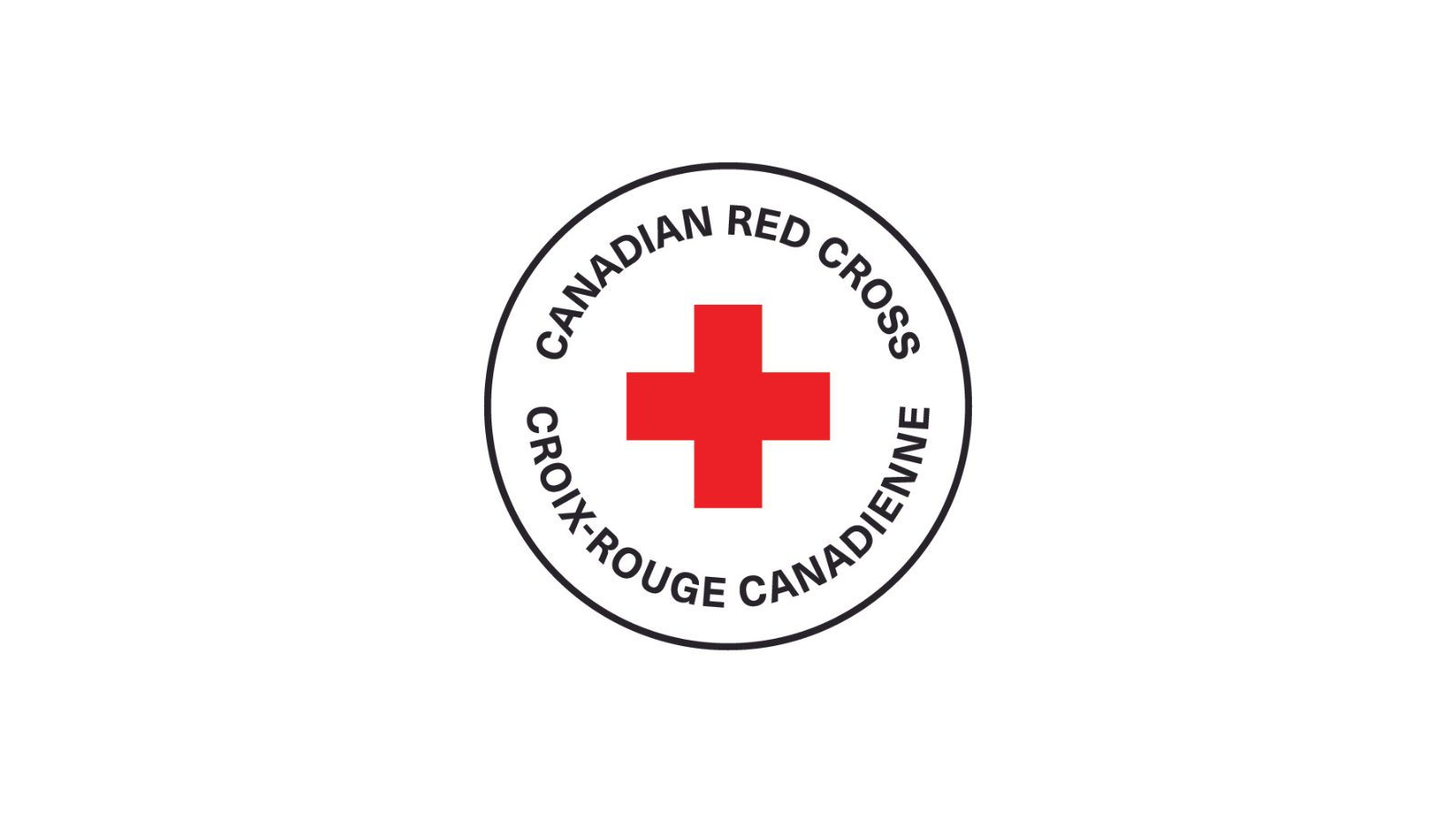Canadian Red Cross helping to build resilient communities as disasters, emergencies mount
For the Canadian Red Cross, helping fellow citizens who are devastated or displaced by raging wildfires, floods and health emergencies is no longer an exceptional circumstance - it’s the “new normal.”
CRC President and CEO Conrad Sauvé says responding to local crises and helping to build resilient communities is now core to the organization’s work. It’s a major change for the CRC, which now spends about nearly 80 per cent of its work on domestic operations, compared to a bigger share of focus on international humanitarian assistance in the past.
“Canadians are understanding, especially coming out of this fire season, that we’re not immune to natural disasters and the big message for us is that these things are no longer exceptional,” Sauvé said. “This is a new normal of climate-related events and possibly other disruptive events. And they’re compounded by a number of other issues: The rise in migration, rise of displaced people – and a shortage of housing at the same time.”
International humanitarian work and fundraising to support those efforts, however, remains a priority for the Canadian Red Cross. Most recently, that focus has been supporting international efforts to help those affected by ongoing violence in the Middle East, guided by the principles of humanity, neutrality and impartiality.
Responding to the ongoing humanitarian crisis comes while also responding to growing needs at home. When people think about Canadians affected by a flood, fire or tornado, they generally think of the financial impact caused by the disaster, Sauvé said. Insurance regimes were set up to support individuals experiencing losses - not for entire communities where a thousand or more people could be devastated – and people are usually left with thousands of losses not covered by their claims.
“Canadians are understanding, especially coming out of this fire season, that we’re not immune to natural disasters and the big message for us is that these things are no longer exceptional.”
But Sauvé said there’s also a need to better understand the long-term emotional impact and trauma these disasters have on people and communities, and to use that deepened knowledge to plan and be better prepared for the inevitable disasters that will come in the future.
The Canadian Red Cross made a major pivot during COVID-19, using its expertise from emergency responses around the globe to galvanize an extra 7,000 employees to help execute the government’s quarantine and vaccination programs. The organization tapped people who were thrown out of work due to widespread shutdowns, from Air Canada employees, to students who had been working in the service industry, to people with experience in medical care.
“We created a whole support structure in our interventions with the provinces from international medical graduates, people who had a background in medicine but didn’t have a licence,” he said.
Volunteers also put up their hands, but a strong structure wasn’t in place to coordinate and engage them, Sauvé said.
“As Canadians, we were unprepared. We’re agile, but we’re not prepared. We’re not getting ahead of this, and therefore we’re not ready,” he said.
Going forward, governments at all levels would benefit from adopting a strategy that identifies vulnerable people in the community, has adequate resources in place and maintains interoperability so provinces can help each other out in the same way as firefighters do now.
Sauvé hopes that governments take those lessons learned from the pandemic to create a stronger “culture of preparedness” for when the next disaster strikes. That didn’t happen as well as it could after the SARS outbreak.
“We did not retain lessons…are we going to retain the lessons learned from COVID? Are we going to maintain capacities or are we going to go into the next crisis from zero again? And what’s the cost of that? Not just financials, but the cost and impact on people,” he said.
Sauvé said often governments work very efficiently together in a time of crisis, then return to silos after it subsides. Is he confident things will be different this time and that governments will adopt strategies and structures to be on better response footing next time?
“We’re pushing,” he said.
Sauvé hopes that governments understand the importance of building resilient and engaged communities to help ease pain points and recover faster individually and collectively.
“It’s understanding that as a value going forward, and I think, in that sense, that meets the Coalition’s goals as well,” he said.




